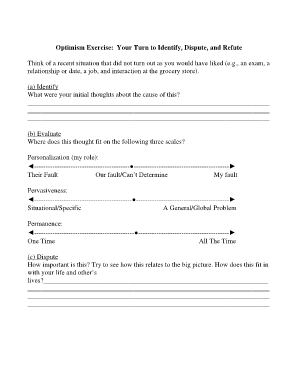

Feelings of frustration, anger, sadness, and anxiety.The ability to make well-balanced decisions despite peer pressureĪ lack of positive feedback or appropriate support can lead to low self-esteem and:.A sense of control that is crucial to intrinsic motivation (Ryan & Deci, 2018).Resilience – the ability to recover from mistakes and failure.Higher self-esteem in child development promotes: They are proud of who they are and what they achieve and are comfortable asking for help and standing up for themselves (Cunningham, 2019).

After all, children higher in self-esteem feel more confident and capable. Self-esteem plays a crucial role in children’s happiness, sense of worth, and overall development. The importance of self-esteem in children Self-esteem then climbs through adulthood, peaking at around the age of 60, before finally decreasing in old-age (Robins & Trześniewski, 2005 Orth, 2017). Although relatively high in young children–possibly due to unrealistic positive self-views–it lowers as they grow, perhaps partly due to a poor self-image. Low self-esteem has the opposite effect, to the point where we may not even like who we are (Abdel-Khalek, 2016 Orth, 2017).Īnd, far from being fixed, self-esteem “ waxes and wanes through life” (Robins & Trześniewski, 2005). It facilitates our growth as individuals and provides a buffer against setbacks and failures (Ellis, 2019 Jordan, Zeigler-Hill, & Cameron, 2017). Self-esteem is a measure of how we see ourselves–our sense of self-worth.īeing high in self-esteem makes us feel valued, boosting our self-belief, ability to perform, subjective wellbeing, and overall psychological health. What Is Self-Esteem in Child Development? Dealing With a Child With Low Self-Esteem: 10 Tips.What Is Self-Esteem in Child Development?.These detailed, science-based exercises will not only help you increase the compassion and kindness you show yourself, but will also give you the tools to help your clients, students, or employees show more compassion to themselves.
#OPTIMISM FOR KIDS DOWNLOAD#
This article explores self-esteem in child development and offers counselors, therapists, and parents tools to foster a sense of worth.īefore you continue, you might like to download three Self-Compassion Exercises for free. It follows that supporting a child as they grow and develop their self-esteem can improve their psychological wellbeing and what they get out of, and put into, life. Those high in self-esteem are enthusiastic, active, feel a greater sense of worth, and, perhaps most importantly, feel comfortable with who they are (Keshky & Samak, 2017 Dweck, 2017). Self-esteem is crucial to children’s academic achievement, participation, engagement in activities, social relationships, and, ultimately, their sense of wellbeing.Ĭhildren low in self-esteem tend to be shy and introverted, with self-imposed limitations and a fixed mindset.


 0 kommentar(er)
0 kommentar(er)
